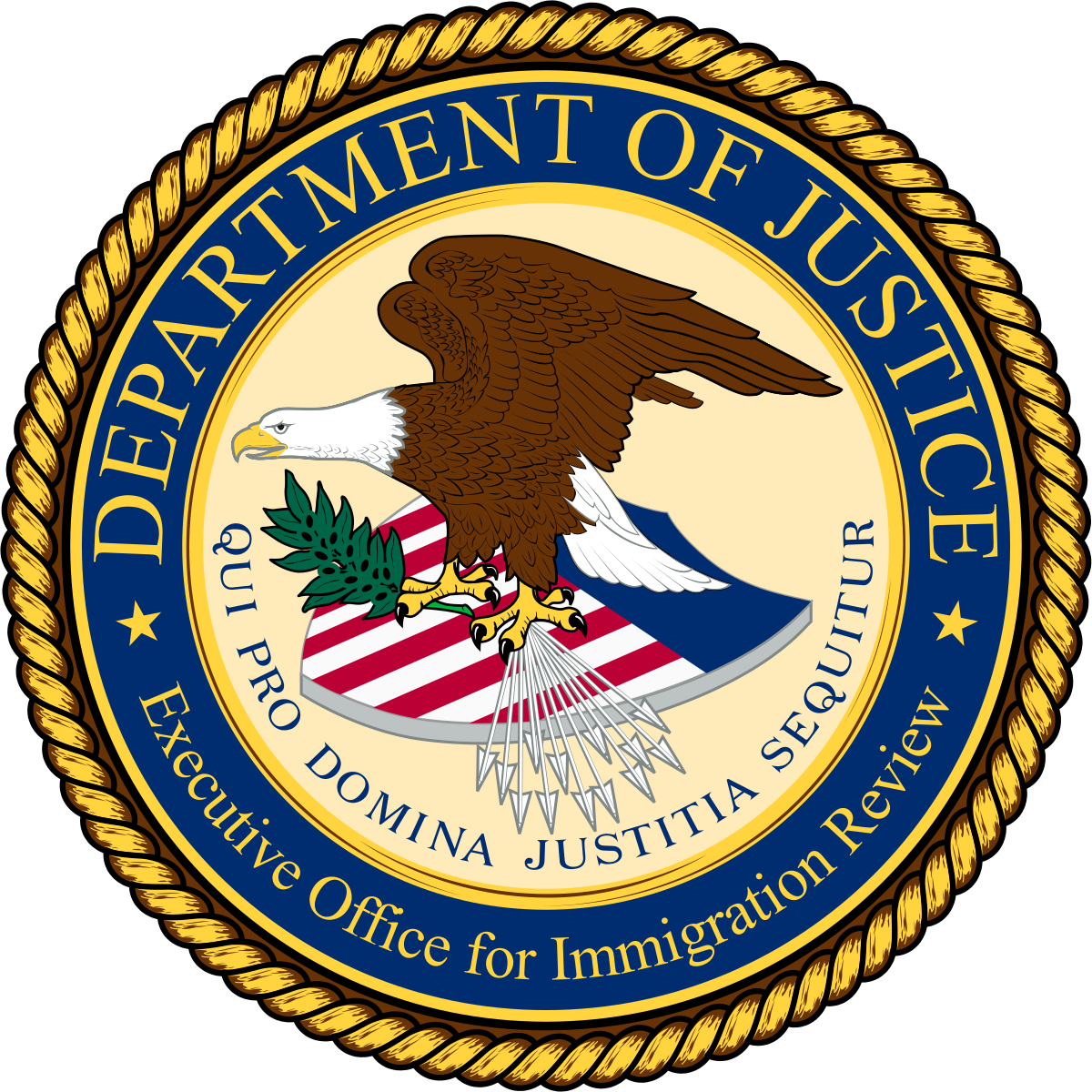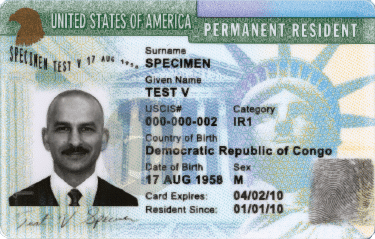USCIS announced on April 13, 2020, that a certain level of flexibility will be applied, on a case-by-case basis, in processing changes of status and late applications. It is still important to timely-file if at all possible, but in certain circumstances, such as someone becoming ill and unable to file a request, those requests might still be accepted. Applicants should not assume that this flexibility will be granted automatically, but instead should provide evidence of the particular circumstances in their case.
These allowances are already permitted under existing law and regulations. Additionally, USCIS is allowing entrants on the Visa Waiver Program to obtain an extension called “satisfactory departure” if they are unable to leave. Because of the serious impact that late departure can have on future immigration options, it is always important to speak with an attorney in these kinds of situations.
Read the full announcement below.
The Department of Homeland Security (DHS) recognizes that there are immigration-related challenges as a direct result of the coronavirus (COVID-19) pandemic. We continue to carefully analyze these issues and to leverage our resources to effectively address these challenges within our existing authorities. DHS also continues to take action to protect the American people and our communities, and is considering a number of policies and procedures to improve the employment opportunities of U.S. workers during this pandemic.
Generally, nonimmigrants must depart the United States before their authorized period of admission expires. However, we recognize that nonimmigrants may unexpectedly remain in the United States beyond their authorized period of stay due to COVID-19. Should this occur, the following options are available for nonimmigrants:
Apply for an Extension. Most nonimmigrants can mitigate the immigration consequences of COVID-19 by timely filing an application for extension of stay (EOS) or change in status (COS). U.S. Citizenship and Immigration Services continues to accept and process applications and petitions, and many of our forms are available for online filing.
If You File in a Timely Manner. Nonimmigrants generally do not accrue unlawful presence while the timely-filed, non-frivolous EOS/COS application is pending. Where applicable, employment authorization with the same employer, subject to the same terms and conditions of the prior approval, is automatically extended for up to 240 days after I-94 expiration when an extension of stay request is filed on time.
Flexibility for Late Applications. USCIS reminds petitioners and applicants that it can consider delays caused by the COVID-19 pandemic when deciding whether to excuse delays in filing documents based on extraordinary circumstances.
Under current regulations and as noted on our Special Situations page, if a petitioner or applicant files an extension of stay or change of status request (on Forms I-129 or I-539) after the authorized period of admission expires, USCIS, in its discretion, may excuse the failure to file on time if it was due to extraordinary circumstances beyond their control, such as those that may be caused by COVID-19. The length of delay must be commensurate with the circumstances. The petitioner or applicant must submit credible evidence to support their request, which USCIS will evaluate on a case-by-case basis. These special situations have been used at various times in the past, including for natural disasters and similar crises.
Please see 8 CFR 214.1(c)(4) and 8 CFR 248.1(c) for additional information on late requests to extend or change status. In addition, please see our Form I-129 and Form I-539 pages for specific filing and eligibility requirements for extensions of stay and changes of status.
Flexibility for Visa Waiver Entrants. Visa Waiver Program (VWP) entrants are not eligible to extend their stay or change status. However, under current regulations, if an emergency (such as COVID-19) prevents the departure of a VWP entrant, USCIS in its discretion may grant a period of satisfactory departure for up to 30 days. Please see 8 CFR 217.3(a). For those VWP entrants already granted satisfactory departure and unable to depart within this 30-day period because of COVID-19 related issues, USCIS has the authority to temporarily provide an additional 30-day period of satisfactory departure. To request satisfactory departure from USCIS, a VWP entrant should call the USCIS Contact Center.
For other policy updates, operational changes, and other COVID-19 information, please visit uscis.gov/coronavirus.
https://www.uscis.gov/news/alerts/covid-19-delays-extensionchange-status-filings







